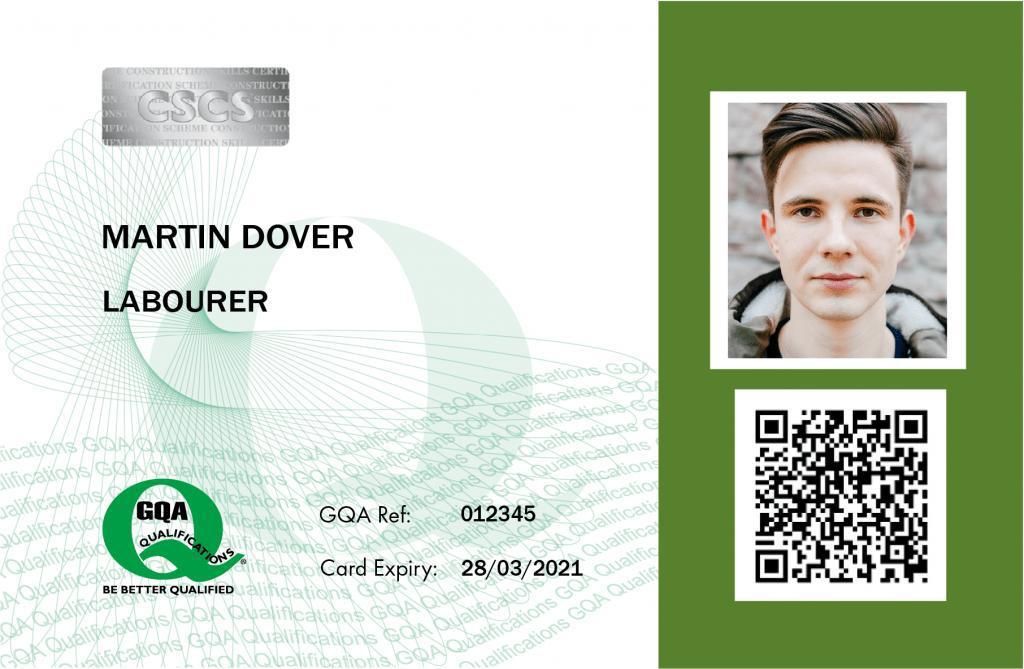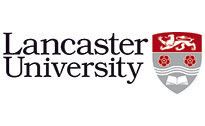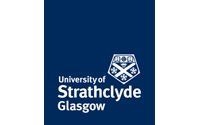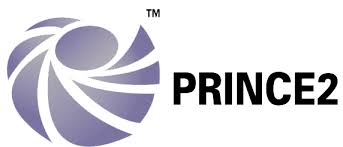
Monitoring and Evaluation (M&E) for NGOs
Course ID: 2508040107768ESH
Course Dates : 04/08/25 Course Duration : 5 Studying Day/s Course Location: London, UK
Language: Bilingual
Course Category: NGO Programmes
Course Subcategories: Digital Marketing and Communications
Course Certified By: ESHub CPD & LondonUni - Executive Management Training
* Professional Training and CPD Programs
Certification Will Be Issued From :
From London, United Kingdom
Course Fees: £5,120.30
Vat Not Included in the price. VAT may vary depending on the country where the course or workshop is held.
Click to Pay
Date has passed please contact us Sales@e-s-hub.com
Course Information
Introduction
The field of Monitoring and Evaluation (M&E) has emerged as a cornerstone for Non-Governmental Organizations (NGOs) striving to maximize their impact and ensure accountability in an increasingly complex global development landscape. As NGOs operate in diverse sectors such as health, education, poverty alleviation, and environmental sustainability, the ability to measure outcomes and adapt strategies based on evidence becomes critical. M&E frameworks not only provide a systematic approach to tracking progress but also enable organizations to communicate their value to stakeholders, including donors, beneficiaries, and policymakers. This course is designed to equip participants with the tools and methodologies necessary to design, implement, and manage effective M&E systems tailored to the unique needs of NGOs.
Despite its importance, many NGOs face significant challenges in implementing robust M&E practices. Limited technical expertise, inadequate resources, and a lack of standardized processes often hinder the ability of organizations to generate actionable insights from their data. For instance, a case study of an international NGO working in rural education revealed that while they collected extensive data on student attendance, they lacked the analytical capacity to interpret trends or link attendance rates to learning outcomes. Such gaps underscore the need for capacity-building initiatives that bridge theory and practice, enabling NGOs to align their efforts with measurable results.
Mastering M&E offers profound benefits for both individuals and organizations. On an individual level, professionals gain a competitive edge by acquiring skills that are increasingly sought after in the development sector. For organizations, effective M&E enhances decision-making, fosters transparency, and strengthens relationships with funding partners. Theories such as the Logical Framework Approach (LFA) and Results-Based Management (RBM) provide structured methodologies that guide practitioners in setting clear objectives, defining indicators, and evaluating success. By integrating these frameworks into their operations, NGOs can transition from outputs-focused reporting to outcomes-driven impact assessments.
Real-world examples further illustrate the transformative potential of M&E. Consider the success story of a grassroots organization addressing water scarcity in Sub-Saharan Africa. By implementing a rigorous M&E system, the NGO was able to demonstrate a 30% reduction in waterborne diseases within two years, securing additional funding and scaling its interventions across multiple regions. Similarly, another NGO utilized participatory evaluation techniques to engage local communities in assessing project effectiveness, fostering ownership and trust among beneficiaries. These anecdotes highlight how M&E serves as a catalyst for sustainable change.
However, the evolving nature of global challenges necessitates continuous innovation in M&E practices. Emerging trends such as digital data collection tools, geospatial mapping, and big data analytics are reshaping how NGOs gather and analyze information. While these advancements offer unprecedented opportunities, they also require practitioners to stay abreast of technological developments and ethical considerations. This course addresses these dynamics by combining traditional M&E principles with cutting-edge innovations, ensuring participants are equipped to navigate the future of development work.
Ultimately, this course represents more than just a training program—it is an investment in the capacity of NGOs to deliver meaningful impact. By fostering a culture of evidence-based decision-making, participants will contribute to building resilient organizations capable of addressing the world’s most pressing issues. Whether you are a seasoned professional seeking to refine your skills or a newcomer eager to understand the fundamentals, this course provides the knowledge and practical tools needed to excel in the field of M&E.
Objectives
By attending this course, participants will be able to:
Define the core principles and terminologies of Monitoring and Evaluation (M&E) and explain their relevance to NGO operations.
Design logical frameworks and develop SMART (Specific, Measurable, Achievable, Relevant, Time-bound) indicators for project monitoring.
Apply qualitative and quantitative data collection methods to assess project performance and outcomes.
Evaluate the effectiveness of M&E systems using established frameworks such as Results-Based Management (RBM).
Implement participatory evaluation techniques to engage stakeholders and enhance community involvement.
Analyze emerging trends in digital tools and technologies for data management and visualization in M&E.
Synthesize findings from evaluations to inform strategic planning and improve organizational accountability.
Who Should Attend?
This course is ideal for:
Program managers, coordinators, and officers working in NGOs who are responsible for designing and overseeing projects.
M&E specialists seeking to deepen their understanding of best practices and innovative tools in the field.
Donor agency representatives tasked with reviewing and supporting NGO initiatives.
Consultants and advisors providing technical assistance to development programs.
Academics and researchers interested in applying M&E methodologies to real-world scenarios.
The course is particularly valuable for professionals operating in resource-constrained environments where efficient use of data is paramount. It caters to beginners looking to build foundational skills as well as intermediate learners aiming to refine their expertise. Advanced practitioners may also benefit from exploring cutting-edge trends and technologies presented in the curriculum.
Training Method
• Pre-assessment
• Live group instruction
• Use of real-world examples, case studies and exercises
• Interactive participation and discussion
• Power point presentation, LCD and flip chart
• Group activities and tests
• Each participant receives a 7” Tablet containing a copy of the presentation, slides and handouts
• Post-assessment
Program Support
This program is supported by:
* Interactive discussions
* Role-play
* Case studies and highlight the techniques available to the participants.
Daily Agenda
Daily Schedule (Monday to Friday)
- 09:00 AM – 10:30 AM Technical Session 1
- 10:30 AM – 12:00 PM Technical Session 2
- 12:00 PM – 01:00 PM Technical Session 3
- 01:00 PM – 02:00 PM Lunch Break (If Applicable)
- Participants are expected to engage in guided self-study, reading, or personal reflection on the day’s content. This contributes toward the CPD accreditation and deepens conceptual understanding.
- 02:00 PM – 04:00 PM Self-Study & Reflection
Please Note:
- All training sessions are conducted from Monday to Friday, following the standard working week observed in the United Kingdom and European Union. Saturday and Sunday are official weekends and are not counted as part of the course duration.
- Coffee and refreshments are available on a floating basis throughout the morning. Participants may help themselves at their convenience to ensure an uninterrupted learning experience Provided if applicable and subject to course delivery arrangements.
- Lunch Provided if applicable and subject to course delivery arrangements.
Course Outlines
Foundations of M&E
Introduction to Monitoring and Evaluation: Definitions and Importance
Key Principles of M&E and Their Application in NGOs
Overview of Logical Frameworks and Theory of Change Models
Setting SMART Indicators for Project Success
Day 2:
Data Collection Methods
Qualitative vs. Quantitative Data: Choosing the Right Approach
Designing Surveys and Questionnaires for Effective Data Gathering
Conducting Focus Group Discussions and Interviews
Ethical Considerations in Data Collection
Day 3:
Tools and Techniques for Analysis
Basics of Data Cleaning and Preparation
Using Excel and Statistical Software for Data Analysis
Visualizing Data Through Graphs, Charts, and Dashboards
Interpreting Findings and Drawing Actionable Insights
Day 4:
Participatory and Innovative Approaches
Engaging Stakeholders in Participatory Evaluations
Leveraging Digital Tools for Real-Time Data Collection
Introduction to Geospatial Mapping and Its Applications
Case Study: Integrating Technology into M&E Systems
Day 5:
Reporting and Strategic Planning
Writing Comprehensive M&E Reports for Different Audiences
Communicating Impact to Donors and Beneficiaries
Aligning M&E Findings with Organizational Strategy
Developing Action Plans for Continuous Improvement



















































